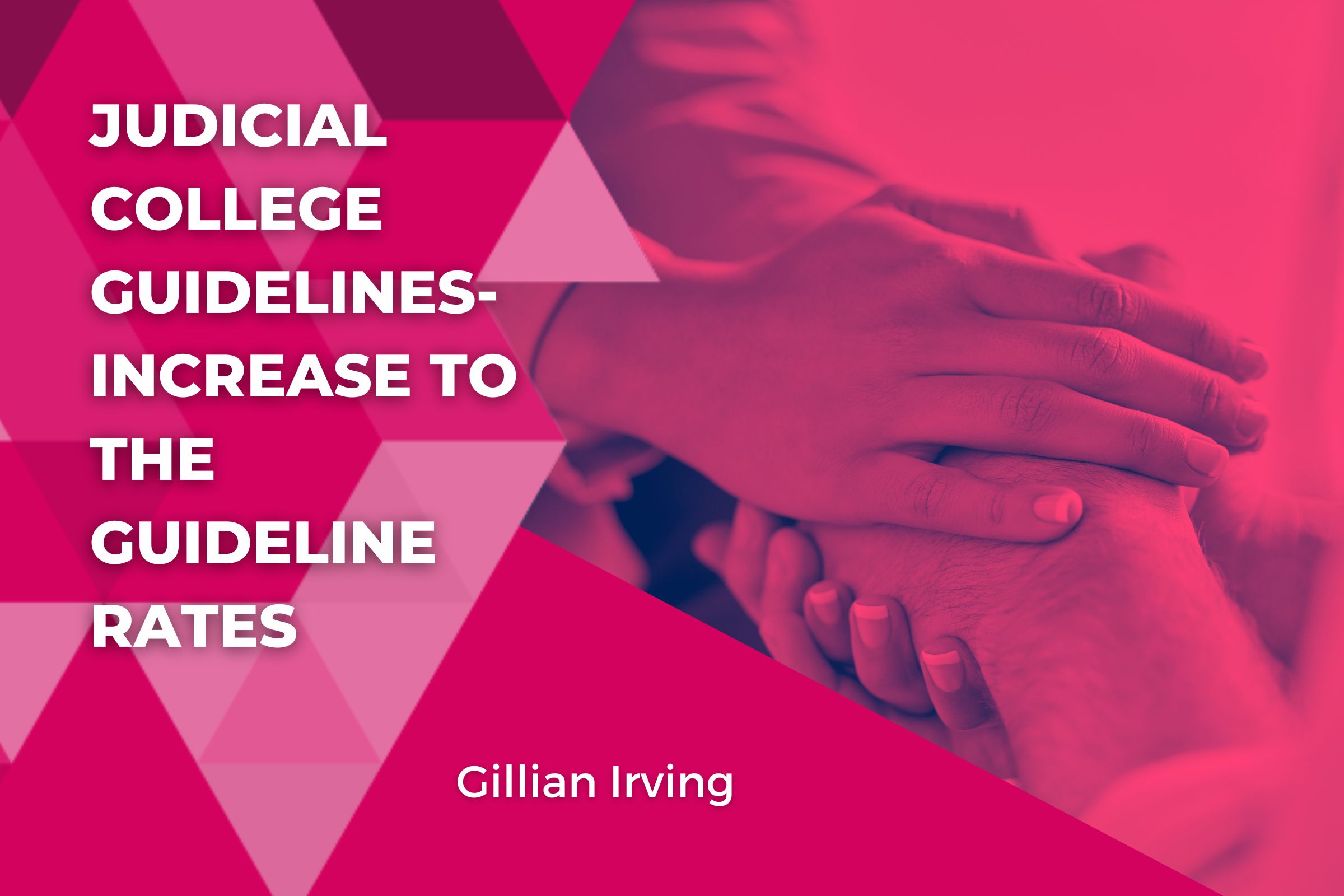If your employer has not provided a safe working environment by failing to undertake consistent and regular risk assessments or provide essential training, support and supervision, resulting in injury or accident, you may be able to make a personal injury claim.
Manual handling accidents can occur in any workplace as there are often many potential hazards and risky practices that can give rise to a manual handling claim, including:
- lifting objects that are too heavy;
- repetitive lifting;
- insufficient training; or
- inadequate equipment or first aid provisions.
Employment regulations, including the Manual Handling Regulations, require employers to, as far as is reasonable, maintain, uphold and preserve employees’ safety and security throughout their working day. If the tasks you are required to carry out during the course of your employment involve an element of risk, your employer is obliged to undertake the appropriate risk assessments on a regular and consistent basis to mitigate avoidable hazards and create a working environment that is as safe as reasonably possible.
If you have been injured because your employer has failed to comply with manual handling regulations or health and safety guidelines, our team of Personal Injury Solicitors will assess the circumstances of your accident and injury and advise if you are eligible to make a manual handling compensation claim.


















